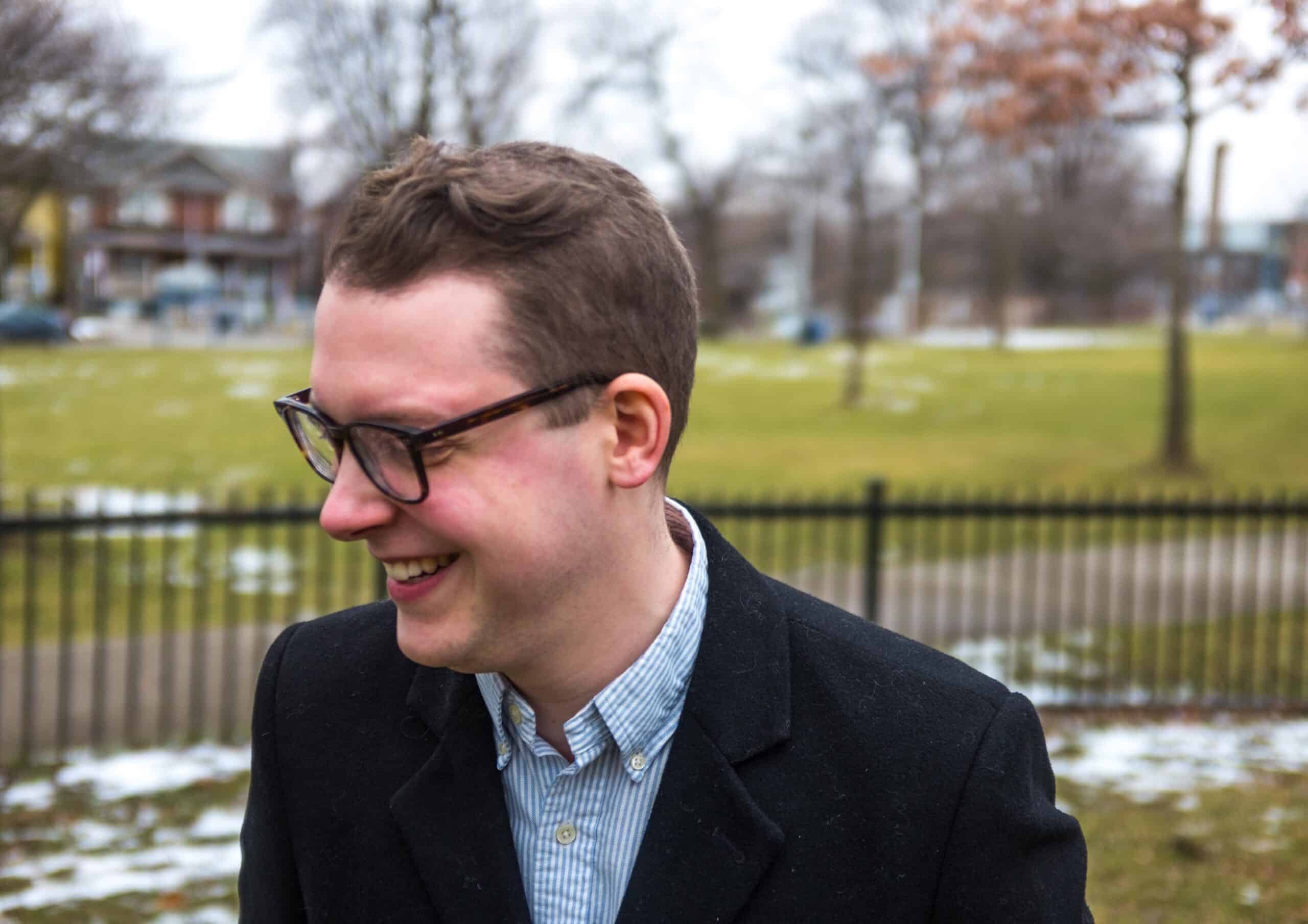Critics say Connecticut’s $3 million grower application fee will force Black and brown people to pay for the state’s equity programs–the same programs that promised to reinvest funds into communities hit hardest by the War on Drugs.
“It’s interesting that the system is constructed to put the pressure of the capitalization on the folks that the movement, so to speak, is supposed to be giving a helping hand to,” Mark Christie, one of the state’s sixteen recently approved social equity applicants, told MJBI.
“A hurdle that high, obviously, will keep folks out.”
This is a prime example of what NORML Deputy Director Paul Armentano means when he says that many state social equity programs are little more than lip service. State officials and regulators often talk a good game about creating a diverse, inclusive industry, “while at the same time mandating exorbitant fees and other barriers to entry that significantly undermine the likelihood of such an outcome,” he said.
Connecticut’s social equity grower application fee is the highest among U.S. states with similar programs.
Application fees are free for social equity applicants in Massachusetts, California and Colorado. Illinois charges $2,500 for social equity dispensary applications. Arizona’s fee is $4,000. After the maximum reduction for social equity applicants in Michigan, the application fee for a cannabis business is $750.
Meanwhile in Connecticut, each applicant will now have to raise $3 million to be paid to the Social Equity Innovation Fund. Money in the fund will be dispersed by the state’s Social Equity Council back to communities disproportionately affected by the War on Drugs.
That “cycle” means disenfranchised people are helping each other instead of getting a hand up from the state, Mark Christie said.
“When they open the door to give you the opportunity, they ask the broke Black or brown businessperson to come up with $3 million. That $3 million goes into a fund that’s designed to assist other broke Black and brown people,” he said, calling it an “interesting look” for the state. “It’s kind of like the broke Black and brown folks are partially assisting each other, but they’re the undercapitalized.”
And since those who qualify for the program don’t typically have high incomes or net worth, it’s more difficult to lure investors, he said.
“And so when you go out into the capital markets — for an industry that is this capital-intense — basically, you’re bringing 0 percent equity to the table and you’re requiring somebody to invest 100 percent equity,” he said. “But per the (regulations), you can only carve out for them a 35 percent equity stake. And it’s very challenging to get that math to pencil out.”
The fee hits especially hard since cannabis businesses can’t access federal money for under-served communities because the drug remains illegal at the national level, Christie said.
After the fee is paid, the growers can apply for a license to grow cannabis in a “disproportionately-impacted area”: a census tract that has had a conviction rate for drug-related offenses of more than 10 percent, or an unemployment rate higher than 10 percent, as determined by the Social Equity Council.
Social Equity Council Chair Andréa Comer pushed back on Armentano’s and Christie’s concerns.
The fees will be reinvested in the community, “which will support those communities with addressing the War on Drugs beyond the cannabis industry,” she said in an email statement.
“There are also numerous opportunities to participate in this marketplace outside of the cultivation licenses,” Comer, who declined to be interviewed for this piece, said. “Half of all licenses for all other license types are reserved for social equity applicants.”
Comer’s spokesperson said she was unsure if Connecticut’s social equity grower application fee is the highest in the country.
There is one way to reduce the fee by half: partner up with another business — which does not have to be a social equity applicant — in an “equity joint venture.”
Comer said applicants could gain valuable knowledge by partnering with big businesses.
“Social equity applicants who choose to partner with multistate operators are presumably doing so not only for resource support, but also for subject matter expertise,” she said.
For Christie, the clock is now ticking to raise the $3 million. No one wants to invest before things are certain, he said.
“That was the most stressful thing in all of this — when it was that radio silence and we didn’t know what was going on … and when it was going to happen,” he said. “And all of a sudden you get an email and, okay, now it’s game on. Let’s go.”
But Christie said the pressure he’s feeling is worth it. He said he plans to hire eighty to ninety people and help them build generational wealth.
“We can be an example of somebody that was born and raised on Blue Hills Avenue and made it out and came back,” he said. “And now, look — boom — we have this really big visual for the young people of what the possibilities can be if you stay focused, stay out of trouble, get your education and be committed to a cause that’s greater than yourself.”





